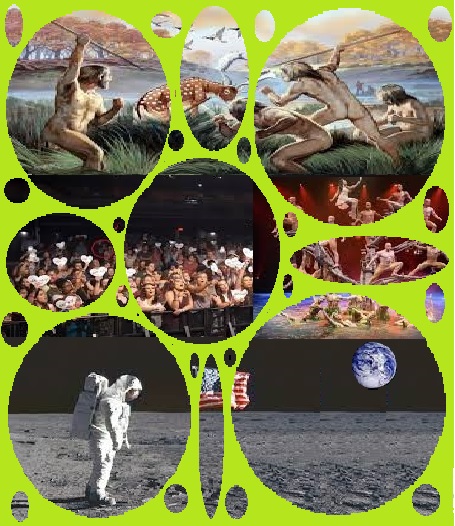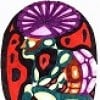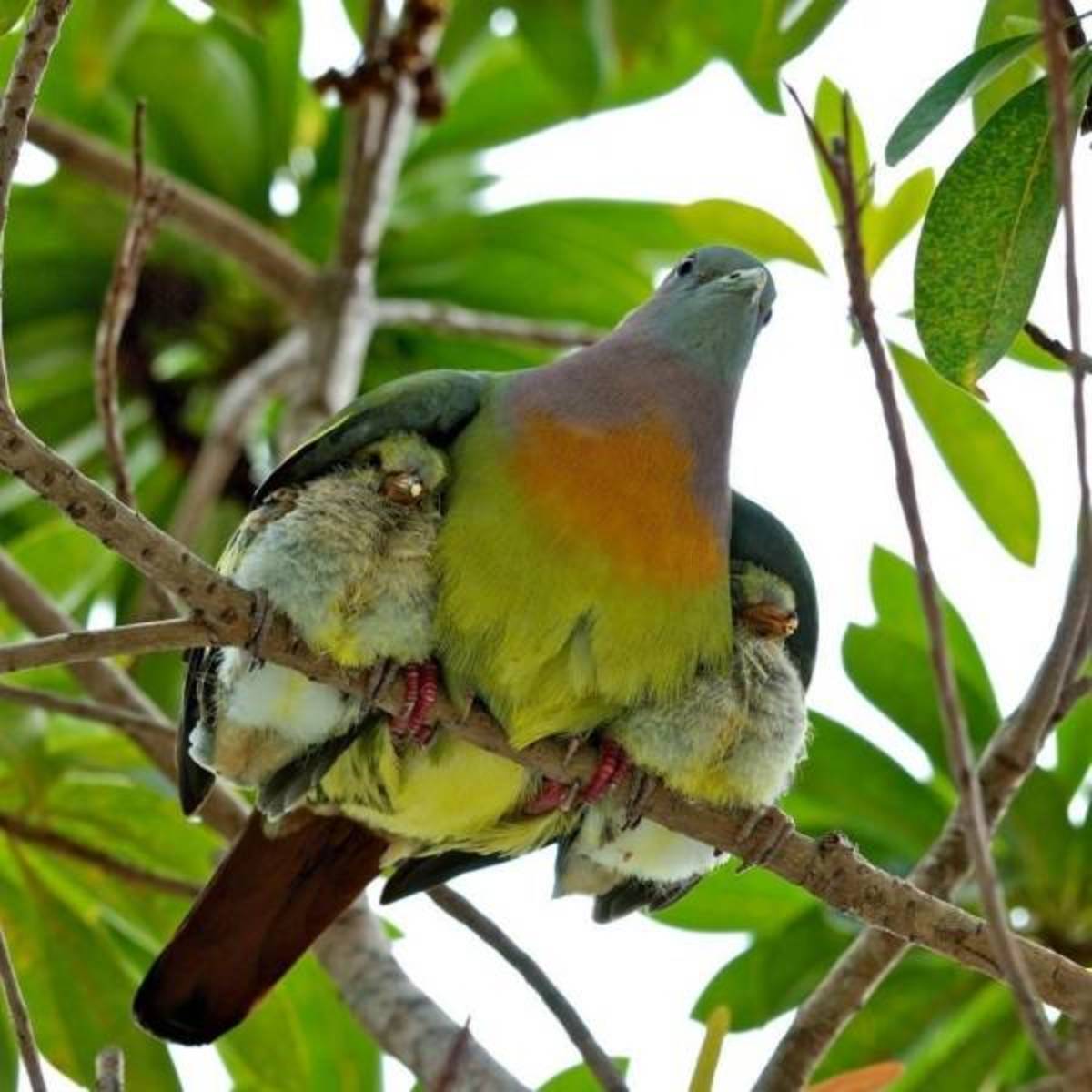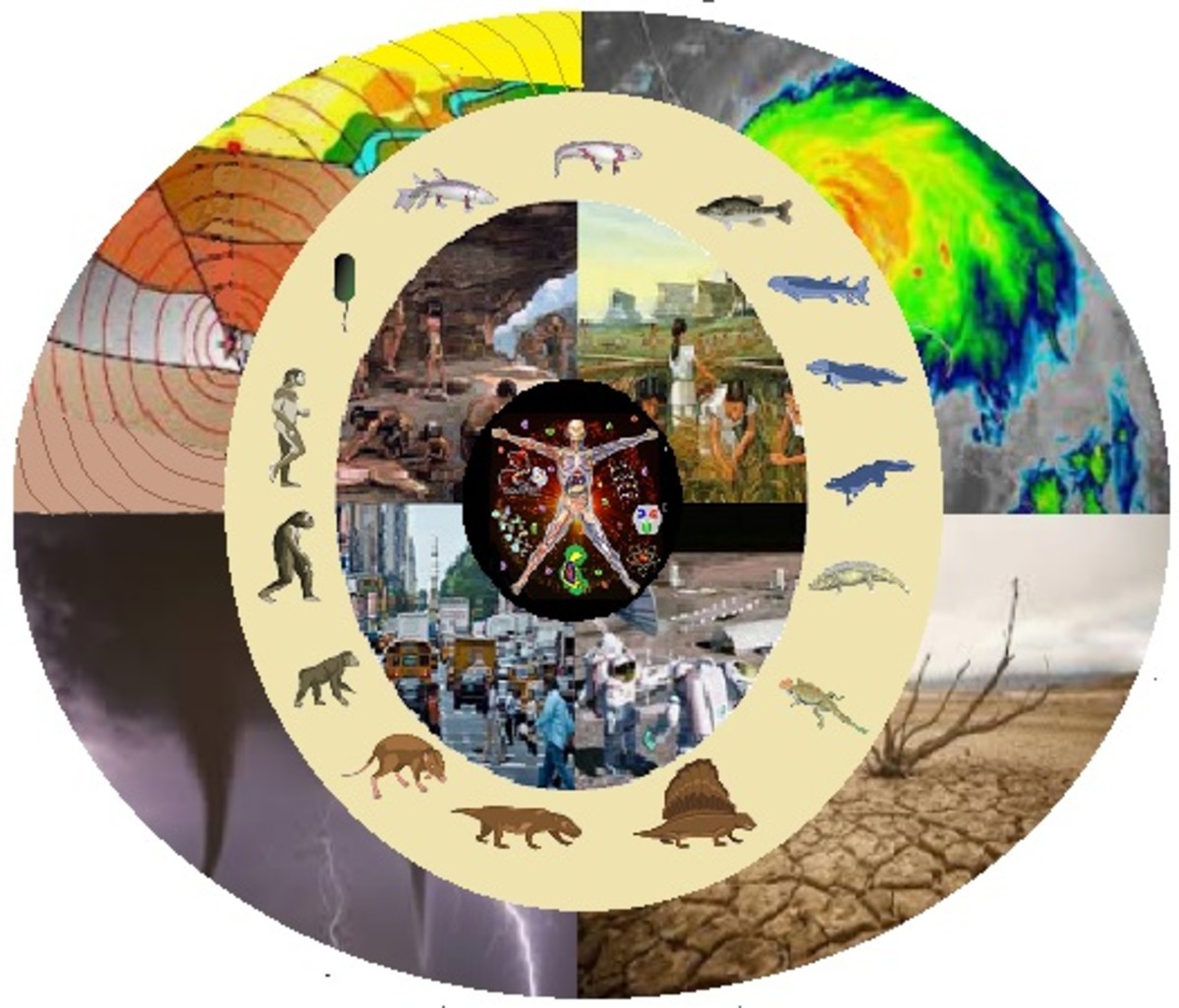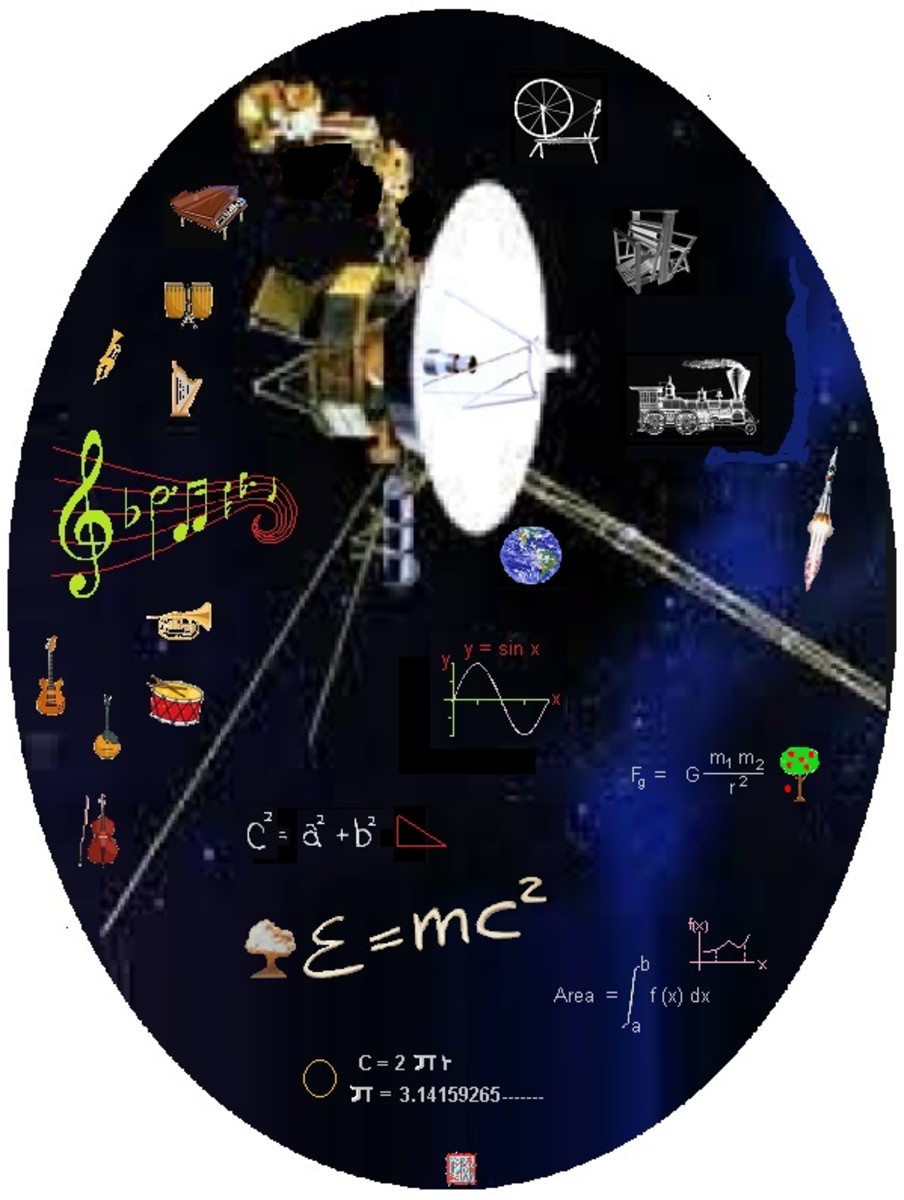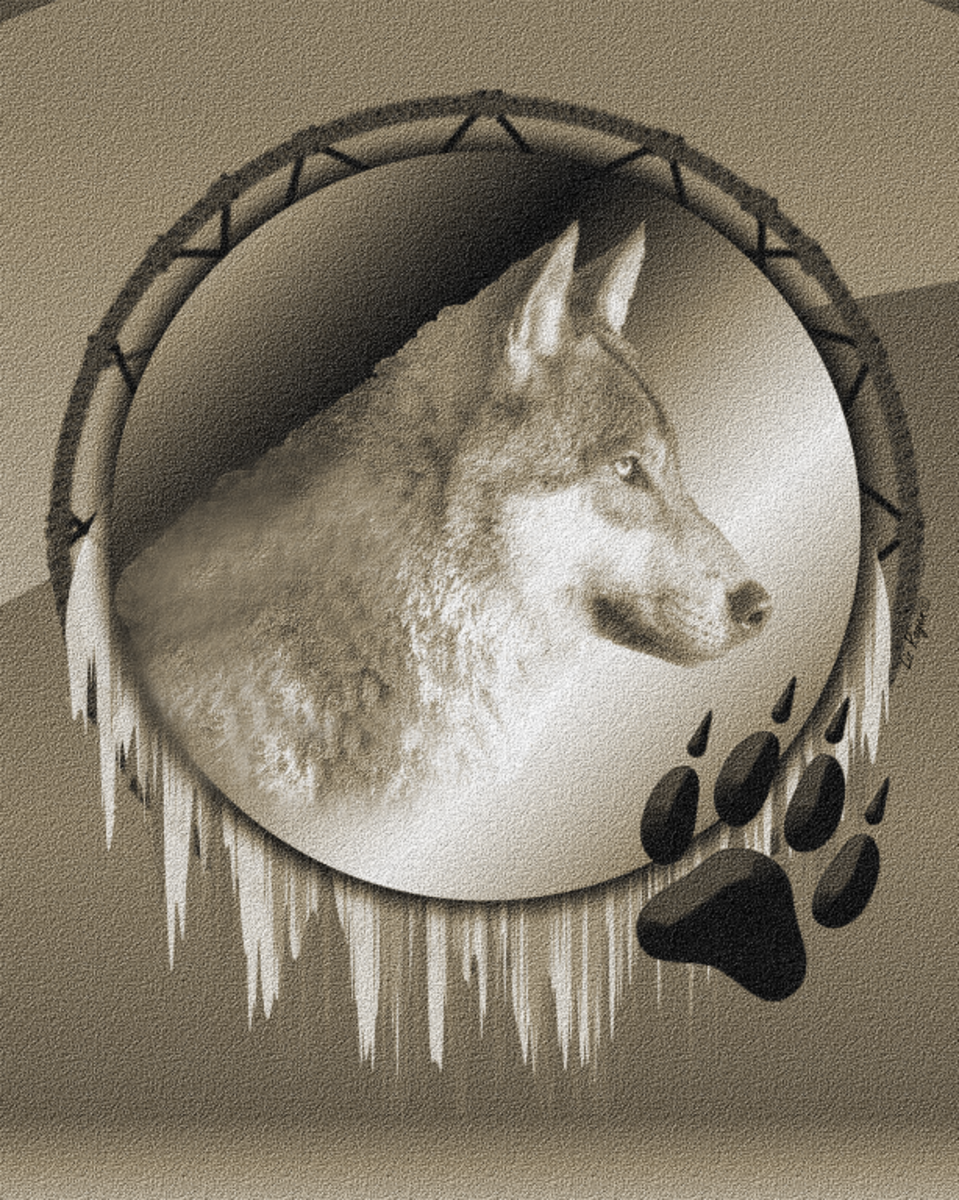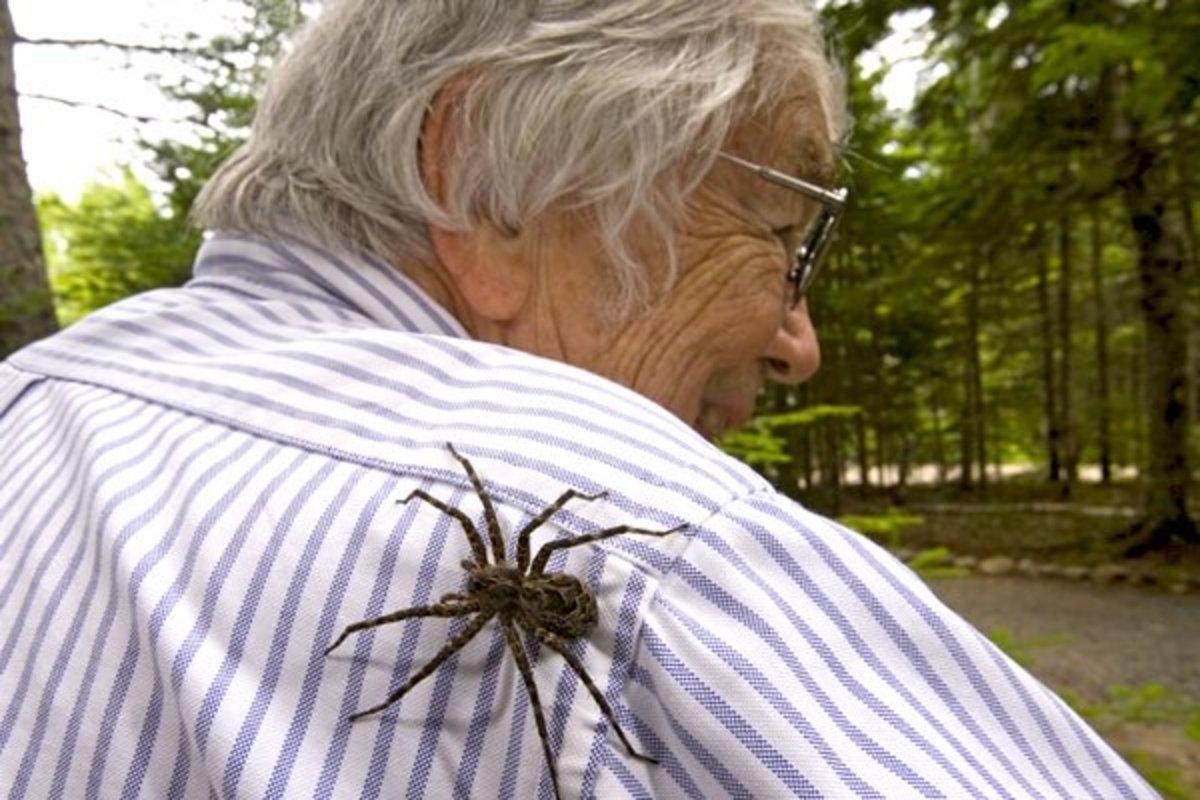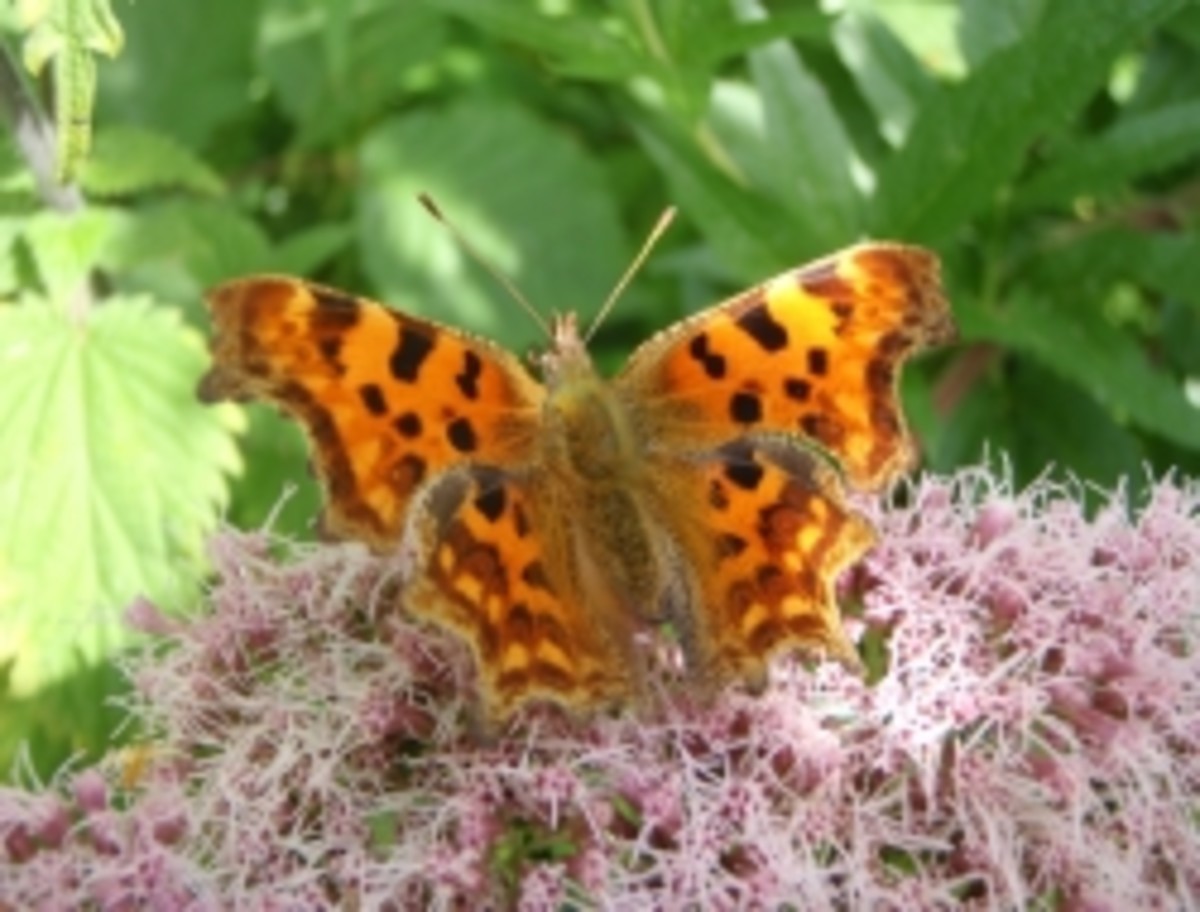Instincts
Life is beautiful, life is cruel, life is unfair, life is forgiving, life is incomprehensive-able, life is boring, etc. But, before life can be all these things, life has to make sure that its players stay alive as long as possible. With the exception of the human species, all living things instinctively know where to find food, are alerted to the danger in the surrounding, know where to find mate to reproduce, and how to raise a family. We no longer need those instincts for survival. We:
-
Learn to grow and manufacture our food,
-
Build a man-made world to ward off dangers from the hostile environment, turn the mating and reproduction routines into an obsessive and prolong affairs of love, hate, jealousy, revenge, deception, and sacrifice,
-
Make sure that the young is well educated about the complexity of the world and what it will take to ensure the survival of the whole human species.
We no longer rely on instincts to run our life. We learn to use logic and reason to understand how the world around us works and to find solutions to our daily problems.
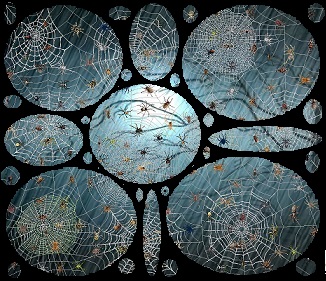
Fear
Some people instinctively have a fear of height. Some people instinctively have a fear of dark. Some people instinctively have a fear of snake. They all have one thing in common – the fear of losing one’s life. When a person goes to a high place and look down, uncontrollably, the brain feels dizzy, the heart beats faster, and the legs turn to jelly. But, when the person stays back and stops looking down, all the symptoms of fear disappear. When a person sees a snake up close, a terrible panic sets in and forces the person to run away from the encounter. When a person is in an unfamiliar dark room, the person becomes scare with heighten alertness not knowing what are hiding in the darkness. But, as soon as the room is lighted, all the symptoms of fear go away. In the animal world, the instinct of fear can make a difference between life and death. For us, the fear has become an annoyance and distraction. In our civilized world, we are fearful of loneliness, failure, rejection, ID theft, etc. The fear itself sometimes can be so overwhelming that it prevents us to use logic and reason to face and solve the underlying problems.
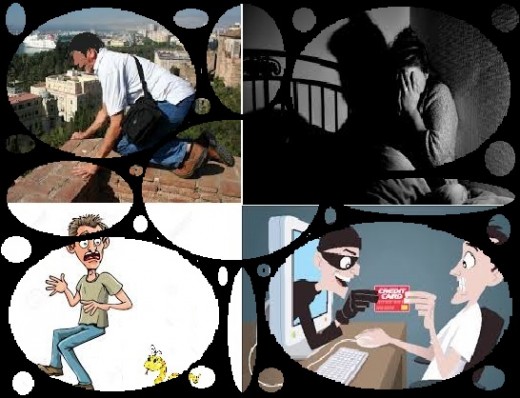
Mating
When we reach a certain age, our sexual desire and lust for the opposite sex instinctively kick in. Unlike the other animals whose mating season lasts only for a short interval each time, our sexual urges will not diminish for the life span even after the reproductive process ceased to function. To the other animals, the mating instinct allows the animals to reproduce and the continuation of the species. But, we have done such a good job that overpopulation has become a problem that threatens our very existence. We need to use logic and reason to control this mating instinct and its collateral activities. We learn:
-
That unwarranted sexual advances can be considered a harassment,
-
To relief the constant physical sexual urge discreetly,
-
The etiquettes of courtship to find a compatible mate that will last a lifetime,
-
That abortion and birth control are a necessity,
-
To develop artificial insemination and genetic engineering to determine how our future generations will look like, etc.
The mating instinct is essential to the survival of the animal species. To us, the mating instinct if unchecked will ensure the demise of the human species.
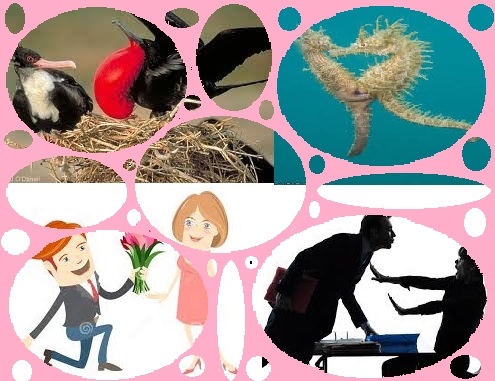
Food
In the animal world, the living things spend most of the waking hours looking for food. Instinctively,
-
The bees know how to look for nectar in the flowers,
-
The frogs stay close to the swamp for moisture and insects,
-
The otters find the shellfish in the water,
-
The cows can only eat grass on the ground,
-
The lions kill their prey on the African savanna, etc.
Each animal instinctively know where to find its food. When the resources are exhausted, the animal will starve and die. There is no exception to our instinct for food. The difference is that our diets are not limited to nectar, insect, shellfish, grass, etc. More importantly, we learn to grow, farm, and manufacture our own food. As a result, we have broadened our food resources and need to spend only a fraction of the waking hours to find food. Today, starvation occurs only in war-torn countries while the rest of the population is plagued by diseases due to overeating. Due to the easily availability of food from the local supermarkets and fast food restaurants, we no longer rely on the instinct to look for food. Instead, we need to regulate our eating habits, make educated choices of what to eat, and come up with a balanced diet all for our long term health benefit.
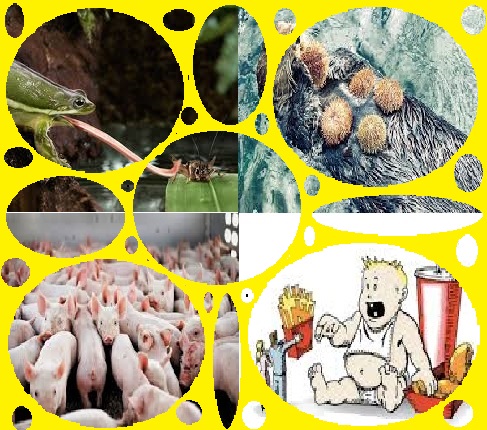
Civilization
In the animal world, living things have no choice in how to live but to depend on their instincts to find mates to reproduce, to find food to eat, to avoid predators and other dangers, etc. This scheme has been in place since the beginning of animal life on Earth. The instincts allow the animals to live a simple existence with no supervision but at the mercy of the changing and unpredictable environmental conditions. But, we can choose how we live and overtimes, we no longer need to rely on our instincts to survive. Using logic and reason, we can understand and forecast how and when environmental conditions can change, and develop means to minimize their adverse effects. Our civilization started when we questioned our instinctive behaviors and decided to explore better ways of doing things. Our instincts have evolved to survival of the fittest to a life of purpose and meaning, joy and excitement, dream and imagination, etc. But, the instincts will always be with us as we will find them invaluable when we happen to be stranded in the wilderness isolated from the civilization. The irrepressible instinct to stay alive will keep us fighting for survival till the last breath.
